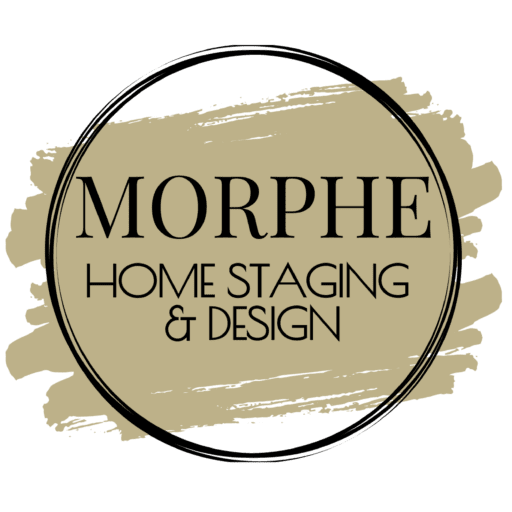How to Talk to Homeowners About Staging (Home Stager’s Guide to Selling Faster)
In today’s real estate market, home staging plays a vital role in showcasing properties at their best. For homeowners, deciding to stage isn’t just about rearranging furniture—it’s about understanding buyer psychology and creating a space that inspires offers.
As a professional stager, how you talk to homeowners about staging makes all the difference. Here’s a guide to building trust, educating sellers, and positioning staging as a powerful sales tool.
Understanding the Homeowner’s Vision
Every homeowner has a unique vision for their property, often tied to memories and emotions. Successful staging discussions start with empathy.
-
Listen to the seller’s goals and concerns.
-
Acknowledge their attachment to the home.
-
Reassure them that staging enhances the property’s marketability without erasing its character.
By showing you understand their perspective, you build trust and set the tone for collaboration.
Educating Sellers on the Value of Home Staging
Many homeowners underestimate how much staging can impact a sale. Use facts and real examples to highlight its value:
-
Faster Sales: Staged homes sell 73% quicker on average.
-
Higher Offers: Properties can sell for 5–10% more than unstaged homes.
-
Stronger Buyer Connection: Staging creates an emotional response that helps buyers envision living there.
When you educate homeowners on the benefits of staging, you empower them to see it as an investment, not an expense.
Shifting the Focus to the Buyer’s Perspective
Help homeowners look at their home through the eyes of potential buyers. Emphasize:
-
Neutral, inviting spaces appeal to the widest audience.
-
Staging highlights architectural features and improves flow.
-
Emotional impact matters—buyers purchase when they can “see themselves” in the home.
By shifting the conversation from their style to buyer expectations, you make the case for staging as a sales strategy.
Setting Clear Expectations About the Staging Process
Transparency is key to keeping clients comfortable. Always cover:
-
Timeline: How long staging and photography will take.
-
Costs: Consultation fees, rental terms, and extension policies.
-
Process: Why certain design choices are made and what challenges might arise.
By being upfront about every step, you reduce uncertainty and establish credibility.
Staying Flexible and Adaptable
Homeowners may change their minds—or unexpected challenges may arise. Flexibility is essential.
-
Be open to adjustments within reason.
-
Show resourcefulness in handling new requests.
-
Keep the focus on the overall goal: maximizing the property’s appeal and value.
Adaptability reassures homeowners and strengthens their trust in your expertise.
Conclusion
Discussing staging with homeowners isn’t just about décor—it’s about trust, education, and strategy. When you lead with empathy, focus on the buyer’s perspective, and set clear expectations, you position staging as the key to unlocking a home’s full potential.
At Morphe Home Staging & Design, we help sellers showcase properties in their best light so they sell faster and for top dollar.
👉 Ready to learn more? Schedule your vacant home staging consultation today.
👉 Ready to learn more? Schedule your occupied home staging consultation today.
Looking to sell your home faster in Houston, Katy, Fulshear, Cypress, and surrounding areas? Contact Morphe Home Staging and Design today for expert home staging solutions.
Click here to view our portfolio
Frequently Asked Questions About Home Staging
1. Why is home staging important when selling a house?
Staging helps a property appeal to a wide pool of buyers, increases perceived value, and often leads to faster, higher offers.
2. Does staging really help homes sell faster?
Yes. According to the National Association of Realtors, staged homes spend significantly less time on the market than unstaged ones.
3. What happens during a staging consultation?
A stager reviews your home, recommends updates or rearrangements, and provides a tailored plan to highlight the property’s strongest features.
4. Is staging worth the cost?
Most homeowners recoup their staging investment and more, as staged homes typically sell for a higher price.
